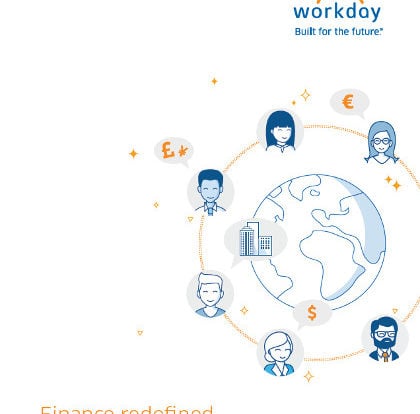ASEAN states put civil services at heart of development goals

A declaration on the central role of the civil service in meeting South East Asia’s economic development goals has been signed by the region’s heads of state.
In 2015, the Association of South East Asian Nations (ASEAN) formed the ASEAN Economic Community (AEC) to work towards a single market and promote economic growth across member states. Parallel plans for closer collaboration in political and security matters, and in social and cultural affairs, were laid out in the ASEAN Community Vision 2025 report.
At the end of last month, leaders of ASEAN’s 10 member states – gathering at the 30th ASEAN Summit in Manila, the Philippines – signed a declaration emphasising the role of the civil service as a “catalyst” for achieving ASEAN’s goals for further regional integration. The civil service, it said, is the “the backbone of good governance”.
The leaders tasked the ASEAN Cooperation on Civil Service Matters (ACCSM) agency and national civil service institutes with drawing up a work plan to achieve five goals agreed in the declaration. These are:
- Developing programmes to build capacity and share best practice in six areas of concern, including health, disaster management, and environmental protection;
- Raising the professional standards of civil servants;
- Ensuring that civil servants embrace good governance principles, including “citizen centricity” and innovation;
- Protecting the welfare of civil servants, including those working in hazardous situations;
- Strengthening networking and partnerships among ASEAN member states.
The summit was hosted by Rodrigo Duterte, President of the Philippines, who is the chair of ASEAN for 2017.
Alicia dela Rosa-Bala, chairperson of The Philippine Civil Service Commission, said the declaration supports the first thematic priority established under Duterte’s chairmanship: that of “a people-oriented, people-centred ASEAN”.
The document places a premium on the role of the civil service as “a driver of national and regional development towards the achievement of ASEAN goals and aspirations for a politically cohesive, economically integrated and socially responsible Community”, she added.
The 10 members of ASEAN are Malaysia, Singapore, Brunei, Thailand, Indonesia, the Philippines, Vietnam, Cambodia, Lao and Myanmar.
For up to date government news and international best practice follow us on Twitter @globegov
See also:
Rush of new delivery units enjoying mixed success, says think tank


















